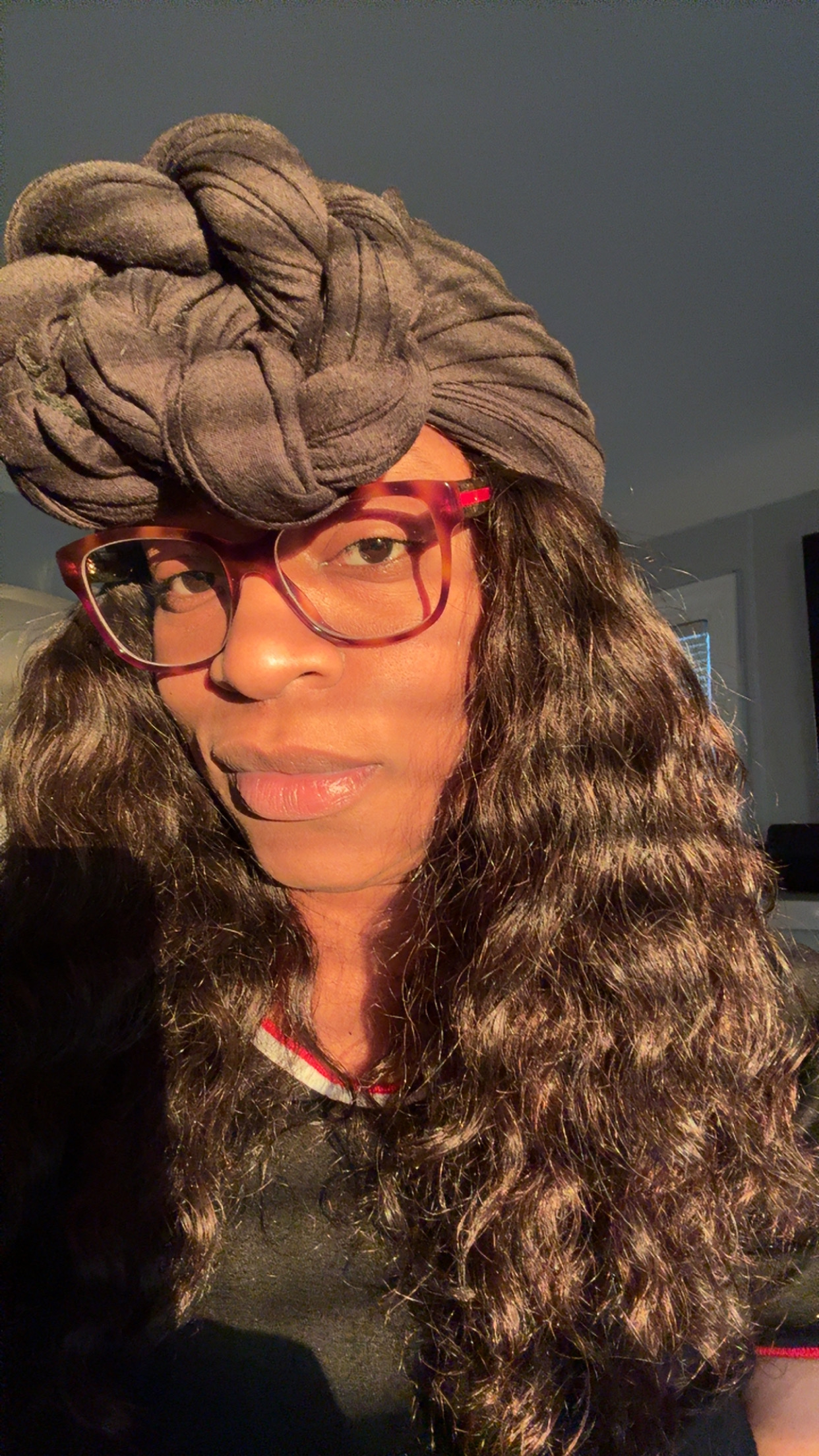Understanding Parental Wounds: Recognizing, Impacting, and Healing
- Brindini

- Jul 12, 2025
- 4 min read
Parental wounds are often the roots of emotional struggles that many individuals face throughout their lives. These wounds can stem from various forms of neglect, emotional abuse, or unrealistic expectations from parents. Understanding these wounds is crucial for personal growth and healing. In this post, we will explore different types of parental wounds, how they affect individuals, and the ways to initiate healing.
Recognizing Parental Wounds
Recognizing parental wounds is the first step towards healing. These injuries to our emotional well-being can manifest in numerous ways. Symptoms may include anxiety, low self-esteem, difficulty forming relationships, and a persistent sense of unworthiness. By shining a light on these wounds, we can begin to understand their origins and effects.
The Abandonment Wound
Abandonment refers to the feeling of being left alone or neglected by a caregiver. This wound can lead to deep feelings of insecurity. Individuals with abandonment wounds may develop anxiety in relationships and fear being left alone. The emotional scars left by abandonment can cloud one's ability to trust others, making it challenging to create lasting connections.

Healing the Abandonment Wound
Healing from abandonment requires building trust—first in oneself and then in others. Journaling about feelings, engaging in self-care, and seeking therapy can be effective in this regard. Practicing mindfulness and grounding techniques can also help mitigate anxiety caused by these wounds, allowing individuals to create healthier relationships in the future.
The Criticism Wound
Growing up in an environment where criticism is constant leads to the development of a criticism wound. Children exposed to persistent negative feedback may struggle immensely with self-acceptance, often internalizing the belief that they are never "enough." This perception can hinder their abilities in both personal and professional settings, leading to perfectionism and chronic dissatisfaction.

Healing the Criticism Wound
To heal from a criticism wound, it's essential to cultivate self-compassion. Engaging in positive affirmations and surrounding oneself with supportive friends can help counter negative self-perceptions. Participating in activities that promote self-discovery, such as art or sports, can also provide positive reinforcement and build self-esteem.
The Control Wound
Some parents exert an extensive amount of control over their children, leading to a control wound. This often occurs when parents set unrealistic expectations or overly dictate choices. Individuals with control wounds may find themselves struggling with autonomy in adulthood, oscillating between rebellion and compliance.

Healing the Control Wound
To heal a control wound, it's crucial to establish personal boundaries and embrace the concept of autonomy. One can start by identifying areas in life where they'd like more control, being assertive in expressing their needs, and making conscious decisions. Engaging in therapeutic activities, such as cognitive behavioral therapy, can facilitate healthier decision-making patterns.
The Unworthiness Wound
Many individuals suffer from a wound of unworthiness, often rooted in parental rejection or lack of affirmation. This wound can create feelings of inferiority and self-doubt. People carrying unworthiness wounds may hesitate to pursue their goals, as they believe they don't deserve success and happiness.
Healing the Unworthiness Wound
Healing the unworthiness wound involves recognizing and challenging these negative beliefs. Cognitive restructuring—transforming harmful thoughts into positive affirmations—can be particularly useful. Engaging in community activities can help build a sense of belonging, while therapy can assist with navigating and reframing these damaging self-perceptions.
The Shame Wound
Shame often emerges as a profound wound tied to parental expectations. When children feel that they are not living up to their parents' hopes or encountering failure, they may internalize shame as a core part of their identity. This can result in intense embarrassment and withdrawal from social situations.

Healing the Shame Wound
To heal from a shame wound, it's critical for individuals to talk about their feelings and experiences. Whether through therapy, support groups, or even writing, sharing these emotions can relieve some of the burdens of shame. Practicing self-forgiveness and self-acceptance is another significant step in this healing process.
Integrating Healing Practices
Integrating specific practices into daily life can help facilitate healing from parental wounds. Here are some actionable recommendations:
Mindfulness: Incorporating mindfulness techniques helps individuals remain present and reduce anxiety. Practices like meditation or deep breathing can ground oneself and provide clarity.
Therapy: Professional support from a therapist trained in emotional wounds can guide individuals through healing processes most effectively.
Support Networks: Connecting with individuals who share similar experiences can offer solace and understanding. Joining support groups, whether in-person or online, offers a safe space for discussion.
Creative Outlets: Engaging in creative activities like painting, writing, or dancing can release pent-up emotions and serve as a healing outlet.
Journaling: Keeping a daily journal can help individuals track their emotional journeys, allowing them to identify patterns and work through feelings constructively.
Moving Forward with Awareness
Understanding and recognizing parental wounds is essential for personal development. The impacts of these emotional injuries can shadow individuals, but they do not define them. By fostering self-awareness and implementing healing practices, individuals can move forward, ultimately enhancing their relationships, self-esteem, and overall quality of life.
In navigating this journey, remember that healing does not occur overnight but is a gradual process—much like growth itself. Take it one step at a time, and be kind to yourself as you work through these complex emotions. Healing from parental wounds is a brave and commendable endeavor.
You are not alone; many have walked this path before you, and healing is possible.



Comments